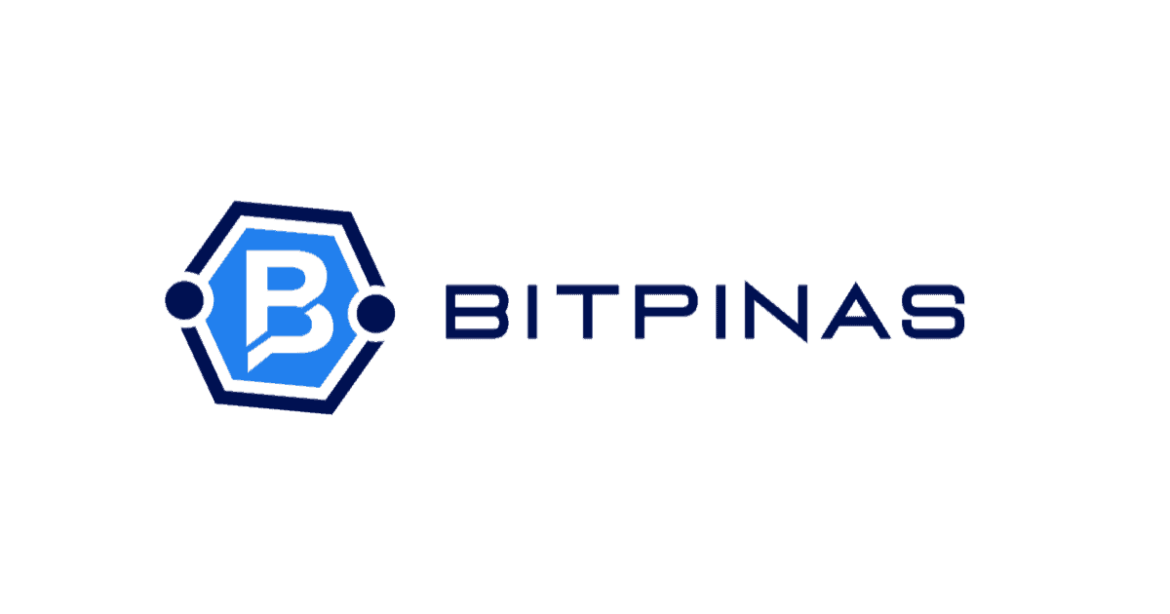Crypto content creators in the Philippines may need to reassess their past social media posts following the finalization of the Securities and Exchange Commission’s (SEC) rules on Crypto Asset Service Providers (CASPs).
According to Atty. Rafael Padilla, the author of the book “Crypto and the Law,” even previously published content may be in violation if it remains accessible and falls under the new rules’ scope.
He discussed it during the June 11, 2025, edition of the BitPinas Webcast entitled “SEC Final Crypto Rules: What #CryptoPH Needs to Know.”
Old Posts Still Violate the CASP Rules
Padilla explained that while the rules are not technically retroactive, undeleted posts, especially those that appear to promote unregistered crypto platforms or assets, may still be considered continuing violations.
“The fact is the content is there, and you did not take it down. So, it still exists… Assuming that it falls within the scope, yes, kahit pa dati pa iyong content na iyon if it is still up there, it continues… that will still constitute a violation of the rules.”
Atty. Rafael Padilla
[Translation: The fact is, the content is there, and you did not take it down. So, it still exists… Assuming that it falls within the scope, yes—even if that content was from before, if it’s still up there, it continues… that will still constitute a violation of the rules.]
The crypto lawyer noted that content published prior to the implementation of the SEC’s new rules could still be subject to regulatory scrutiny if it remains publicly accessible by the time the rules take effect in July.
“I am not saying all content creators should remove their content. In-assume natin that it falls within the coverage, and I’ve been discussing how important the coverage is because ito iyong iko-consider natin sa decision natin. Among many things, magre-register ba tayo, magpapalista ba tayo or i-take take down ba natin? So, it all boils down to that coverage, but just to answer that question, we assume that in that situation, it is covered. And as I have said, kahit pa dati pa pinost yun, you have to take it down. Or else, it will constitute continuing violation.”
Atty. Rafael Padilla
[Translation: I am not saying that all content creators should remove their content—we are just assuming that it falls within the coverage. And I have been discussing how important that coverage is because it is what we need to consider in making our decisions. Among many things—should we register, should we get listed, or should we take it down? So, it all boils down to that coverage. But just to answer that question, if we assume that it’s covered, then as I’ve said, even if it was posted a long time ago, you have to take it down. Otherwise, it will constitute a continuing violation.]
Moreover, Padilla emphasized the importance of understanding the “coverage” of the rules, what qualifies as marketing, solicitation, or promotional activity, adding that this includes livestreams and “educational” content that may still be considered marketing if it promotes crypto products or services.
Does CASP Restrict Freedom of Expression?
A key concern is the potential chilling effect on educational crypto content.
Padilla acknowledged that the new rules may push creators to move discussions into private spaces like Discord to avoid public scrutiny. It is because the SEC’s new crypto regulations could discourage open discussion if interpreted too broadly.
The crypto lawyer noted that without a clear and limited definition of “crypto asset” and a well defined scope, the rules may pose potential threats to freedom of expression. He emphasized that an overly expansive application of the regulations could infringe on constitutionally protected speech.
For the rules to withstand constitutional scrutiny, Padilla argued that the definition of “crypto asset” must be “narrowly interpreted”—specifically, only assets that are considered securities should fall under regulatory scope. Otherwise, there is a real danger that even non-promotional or educational content could be unjustly penalized.
The crypto lawyer also emphasized that the SEC is not a legislative body, and yet, its rules, crafted by unelected regulators, could end up limiting the public’s right to speak freely about crypto. Such overreach could set a dangerous precedent, he said, and must be addressed through a more precise interpretation of both the assets and the activities covered by the rules.
The SEC CASP Rules
Released on May 30, 2025, the Philippine SEC’s final rules for CASPs, outlined in Memorandum Circulars No. 4 and 5 (Series of 2025), require all CASPs to register as stock corporations, secure a special license, maintain a physical office, and comply with strict disclosure and marketing guidelines.
Marketing through influencers, events, or social media is tightly regulated, and violations can lead to hefty fines or license revocation. CASPs must also follow anti-money laundering laws and ensure crypto assets that qualify as securities meet investor protection standards.
In response to growing inquiries from the local community about the finalized rules, BitPinas hosted a series of webcasts to discuss and clarify the new guidelines.
Other BitPinas articles about the SEC CASP Rules:
Recent Local News on Crypto
Recently, web3 entrepreneur Emmanuel Lorenzo Bonuan developed a custom ChatGPT model called “Legal Counsel for Web3 in the Philippines” to help Filipinos understand the SEC final rules for crypto-asset service providers.
Trained on SEC Memorandum Circulars 4 and 5 and articles, including those from BitPinas, the tool aims to translate complex legal language into plain English, offering quick, localized answers about compliance requirements.
Meanwhile, public policy group Infrawatch PH is once again urging the Commission to intensify its enforcement efforts against unlicensed crypto exchanges operating in the Philippines, warning that these platforms continue to pose serious risks to investors.
This article is published on BitPinas: Need Na Ba Mag-Delete? Why Old Crypto Posts Could Still Violate CASP Rules, Says Atty. Padilla
What else is happening in Crypto Philippines and beyond?



